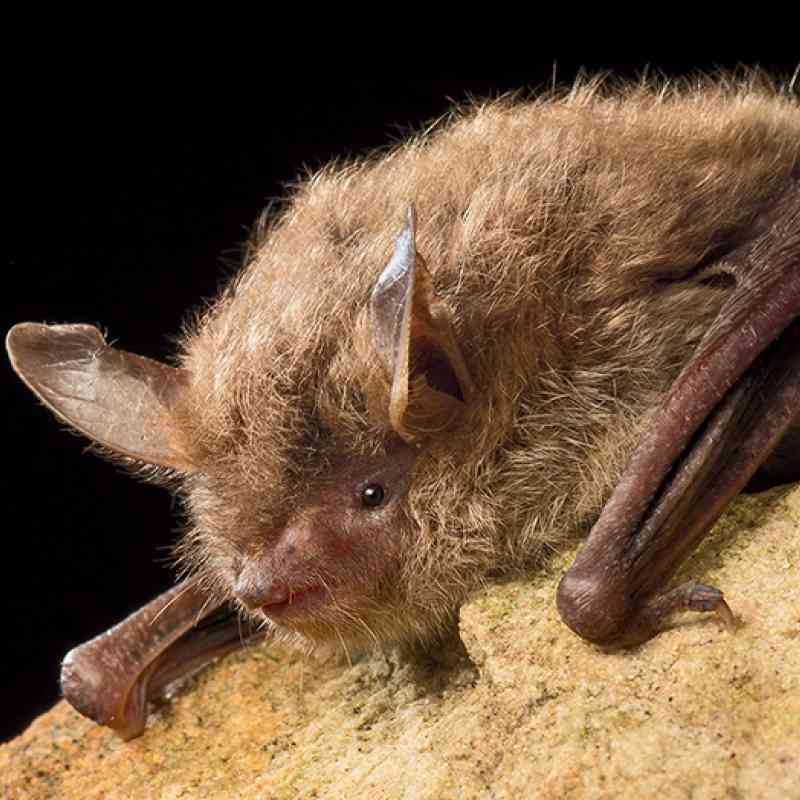Measure was opposed by scores of conservation, human rights, humane and tribal organizations
Washington, D.C. — Yesterday the House passed a bill that strips environmental protections for hundreds of thousands of square miles of public lands along the U.S. border, including National Parks and wildlife refuges. It also lifts key protections for several other national wilderness and forest areas and blocks wildlife conservation measures for sea turtles and migratory birds along the North Carolina coast.
Below is a statement from Jamie Rappaport Clark, President of Defenders of Wildlife.
“This bill has the potential to do more damage to our natural heritage than anything we have seen since the Bush years,” said Clark. “Literally thousands square miles along the U.S. border could lose all environmental protections under this measure. That includes tribal lands, National Parks, wildlife refuges and other national forest and wilderness areas. It also unilaterally lifts protections for sea turtles and migratory birds along the Cape Hatteras National Seashore in North Carolina after the National Park Service spent years crafting a carefully negotiated plan with affected stakeholders that simultaneously protects fragile wildlife and the needs of the general public. It’s no wonder that nearly one hundred conservation, human rights, humane and tribal groups all opposed this bill.
“Part of Congress’ responsibility is to maintain the careful stewardship of our country’s natural heritage. With this bill, the House has responded instead to special interest groups and set in motion the destruction of much of that heritage, with future generations paying the price for their shortsightedness.”
Background
- The bill would authorize DHS to override dozens of environmental laws within a 100 mile zone on Federal public and tribal lands along the Mexican and Canadian borders. DHS would also have unilateral authority to engage in numerous destructive activities impacting National parks, wildlife refuges and other conservation lands anywhere in the U.S.
- It would also give away 90,000 acres to prime national forest land in Alaska to an Alaskan Native corporationwhich can then clear-cut vast tracks of old growth forest and ship the timber overseas.
- And it would allow endangered nesting sea turtles and shorebirds to be run over by off-road vehicles at Cape Hatteras National Seashore Areaby undermining parts of a carefully crafted, stakeholder negotiated National Park Service management plan.
Defenders of Wildlife is dedicated to the protection of all native animals and plants in their natural communities. With more than 1 million members and activists, Defenders of Wildlife is a leading advocate for innovative solutions to safeguard our wildlife heritage for generations to come. For more information, visit www.defenders.org
Defenders of Wildlife is celebrating 75 years of protecting all native animals and plants in their natural communities. With a nationwide network of nearly 2.2 million members and activists, Defenders of Wildlife is a leading advocate for innovative solutions to safeguard our wildlife heritage for generations to come. For more information, visit defenders.org/newsroom and follow us on Twitter @Defenders.

